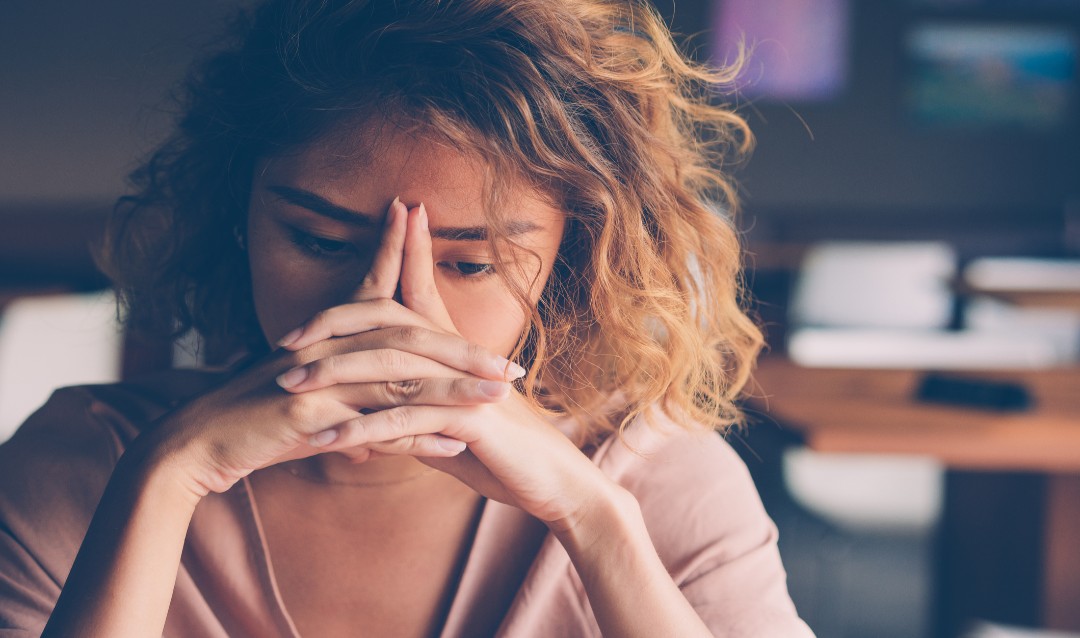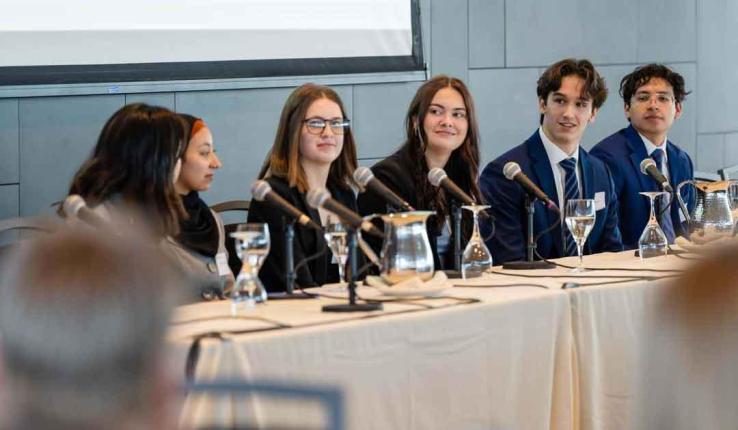New research is shedding light on how individuals coped with stressful life events experienced during the dark days of the COVID-19 pandemic and which strategies were associated with better quality of life.
The research, published in the journal PLOS ONE, analyzed responses from more than 1,000 Americans on their stressful experiences during the pandemic, the strategies they used to cope, and their physical and psychological quality of life.
The study found that using problem-focused and emotion-focused coping strategies were associated with higher quality of life, while using avoidant coping strategies had a negative effect on quality of life.
“People use different types of coping to deal with different stressors, and people may use all three strategies at different times,” said the study’s lead author Fathima Wakeel, associate professor in the Department of Community and Population Health in the College of Health. “What this study demonstrates is how those strategies work during a large-scale traumatic event.”
The results of the study, which was informed by surveys completed in August 2021, were not entirely surprising. But they do provide distinctive insights that may help inform both individual and societal responses to future large-scale traumatic events, researchers say.
Approaches to Coping with Stressful Life Events
The study examined respondents’ coping behaviors within three categories widely used in existing studies.
Problem-focused coping involves tactics such as problem-solving, obtaining instrumental support and planning. Emotion-focused coping strategies include the use of emotional support, humor, religion and positive reframing. Avoidant coping involves behaviors such as substance use, distractions and behavioral disengagement.
Prior studies on coping strategies under more normal life circumstances have consistently found problem-focused coping to be effective, while emotion-focused coping has a more mixed track record.
Avoidant coping strategies are generally less effective and often associated with more negative outcomes. Behaviors such as substance abuse often compound stress.
‘It Affected Everyone’
Wakeel and her research partners, Lehigh undergraduates Jacelyn Hannah ‘24 and Leah Gorfinkel ‘24, wanted to examine the relationship between the different coping strategies for stressful life events and individuals’ quality of life during a large-scale traumatic event. The research is believed to be the first to examine these relationships in the context of the COVID-19 pandemic.
During the pandemic, many people experienced stressful life events, oftentimes several concurrently or in succession. The study collected data on 21 different types of stressful life events, including the death of a spouse or loved one, personal injury or illness, divorce, separation, loss of employment, decrease in financial status, change in living conditions and others.
Of these, respondents in the study experienced the highest incidence of decreased financial status, personal injury or illness, and change in living conditions, all challenges faced by many in the larger population.
Not only did the pandemic present individual challenges, but it also produced profound global psychological effects, Wakeel said.
“The mental health toll the pandemic took, it affected everyone,” she said.
The authors saw the period as an opportunity to add to the understanding of what strategies fare best for both psychological and physical quality of life under large-scale traumatic events.
Lessons Learned
In keeping with findings from previous studies, problem-focused coping was strongly associated with higher levels of both physical and psychological quality of life.
Emotion-focused coping was positively correlated with higher psychological quality of life, and avoidant coping was negatively correlated with both physical and psychological quality of life.
Because the pandemic instigated or exacerbated a wide range of challenges to wellbeing, including many beyond individuals’ control, Wakeel believes both problem-based and emotion-based coping proved useful to people experiencing stress.
“The literature has demonstrated that problem-focused coping is the most effective in stressful situations because it entails taking control of the stressor and using proactive methods to address it,” Wakeel said. “However, when facing challenges that are unpredictable or outside of one’s control, employing emotion-focused coping can play an important role in maintaining psychological well-being.”
While Wakeel said avoidant coping can also play a role in dealing with stress in the short-term, both her research and prior studies indicate that the strategy correlates with worse outcomes in the long run.
These findings can be valuable to individuals as they consider the possibility of future global events and also hold lessons for our societal institutions, the researchers say.
“The kinds of coping we would want to encourage require social supports to be in place,” Wakeel said. “We have to have trusted sources of information and opportunities to partake in supportive social networks. Discouraging avoidant coping strategies will also require coordination across the societal landscape, from public health authorities to primary care physicians and mental health providers.”
Story by Dan Armstrong





